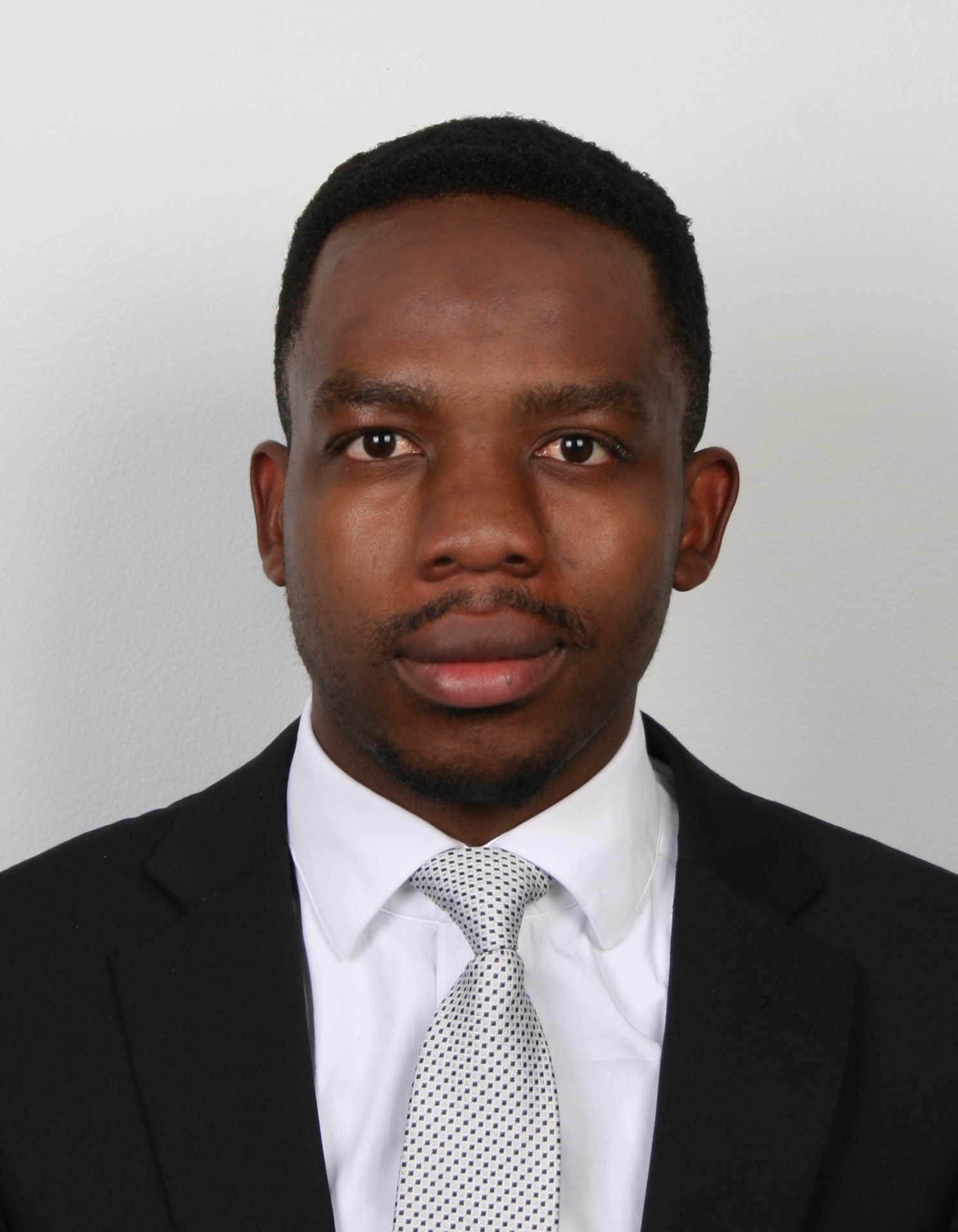Abstract
This research study provides an understanding of accountability and the perception of its effectiveness in public universities in Cameroon using the University of Buea as case-study. Through the principal-agent theory, patron-client model and Weber’s bureaucracy theory, it examines the effects of government appointment and control of academic leaders at the University of Buea on its accountability mechanism. It departs from the assumption that government appointment and control of university leadership impede accountability. The objectives of the research study are to understand accountability, implications of government appointment and control of university leadership at the University of Buea on legal and professional accountability and faculty and students’ perception of the effectiveness of accountability with regards to university leadership. The research questions are attempted using a structural qualitative research design achieved through content analysis and interviews. The limitation of the research study ranges from narrowing it down to the University of Buea of eight public universities in Cameroon. However, the case provides an in-depth analysis of accountability public universities in Cameroon, what legal and professional accountability at the University of Buea entails given its exploratory nature.


